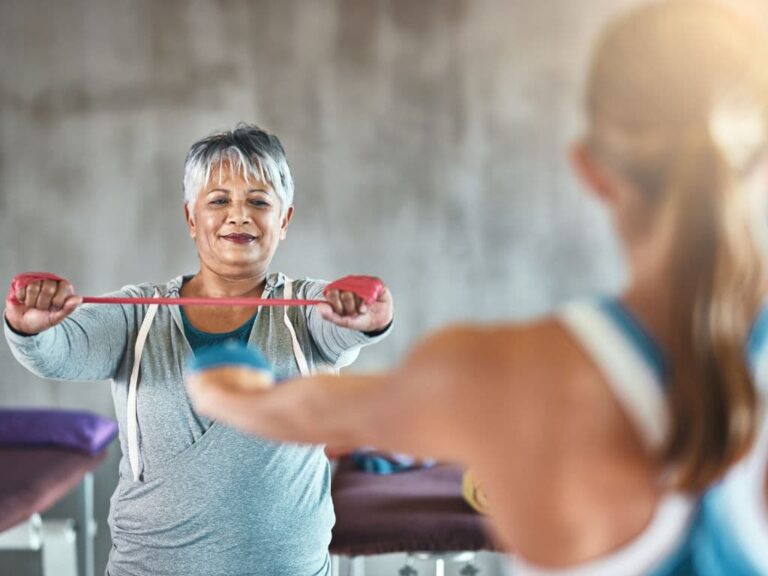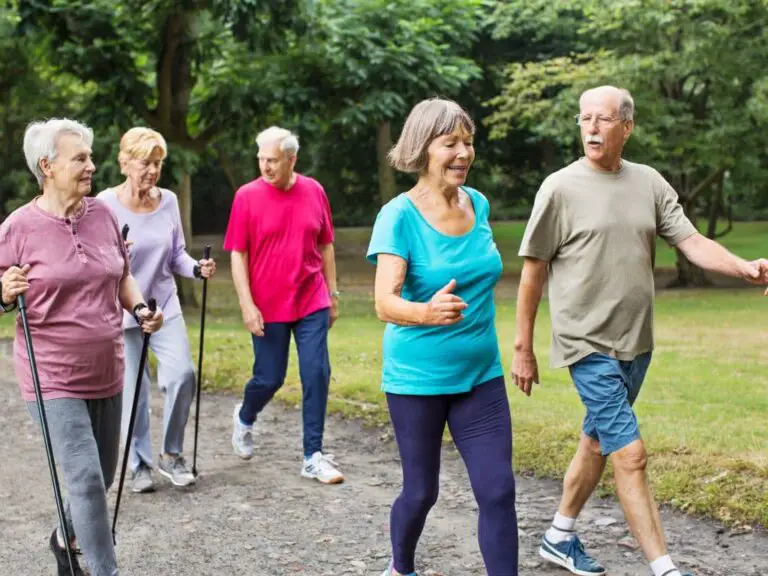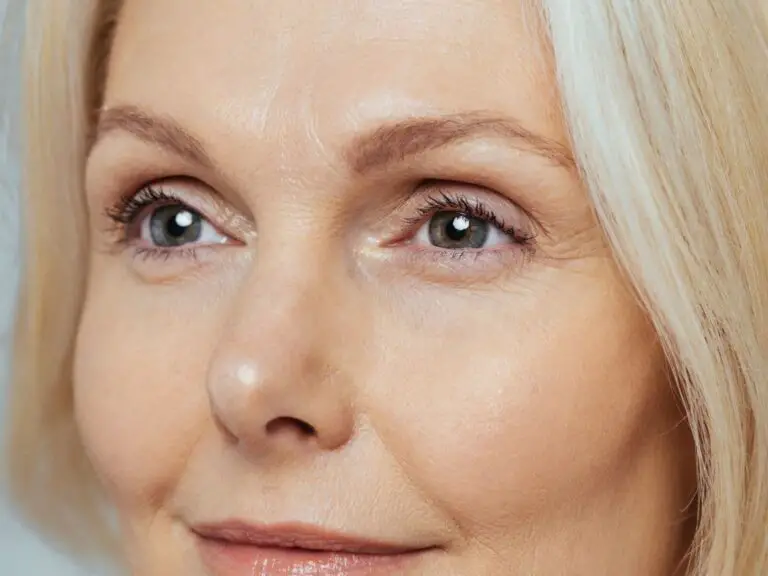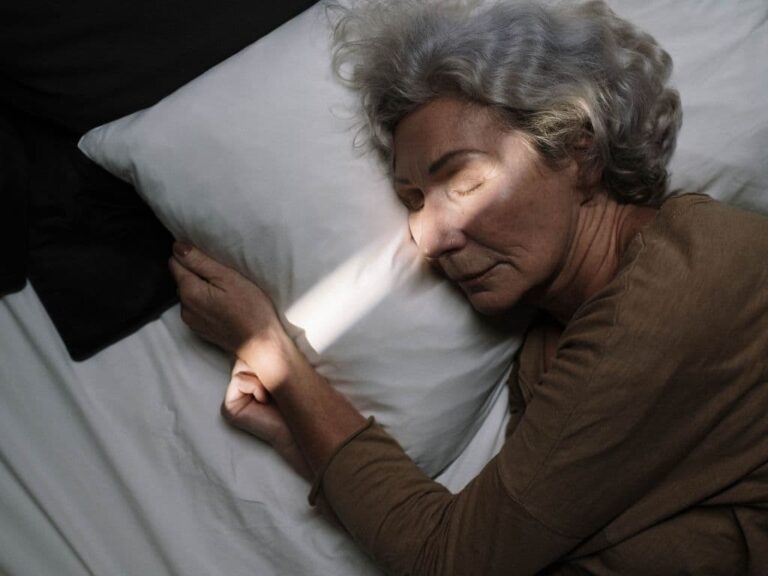Why Seniors Don’t Want to Bathe: The Psychological Reasons
Bathing is the act of washing the body with soap and water. For seniors, bathing serves the important purpose of maintaining good hygiene and preventing health issues like skin infections or rashes. However, many seniors are reluctant to bathe regularly.
What are the psychological reasons for not showering? Seniors may not shower due to a variety of psychological reasons including depression, which can lessen motivation for self-care and make daily tasks such as bathing seem burdensome. Anxiety about falling or requiring assistance with bathing can lead to avoidance, while conditions such as dementia or Alzheimer’s can cause forgetfulness about bathing routines. Meanwhile, feelings of shame or embarrassment about needing help or revealing their aging bodies during bathing, as well as isolation for those living alone with poor social interaction, can also strongly discourage seniors from maintaining proper hygiene.
As we age, bathing can become more difficult for physical and mental reasons. But failure to bathe regularly can have significant health consequences. Understanding the psychology behind seniors’ bathing habits can help caregivers address the real issues and create a better bathing routine.
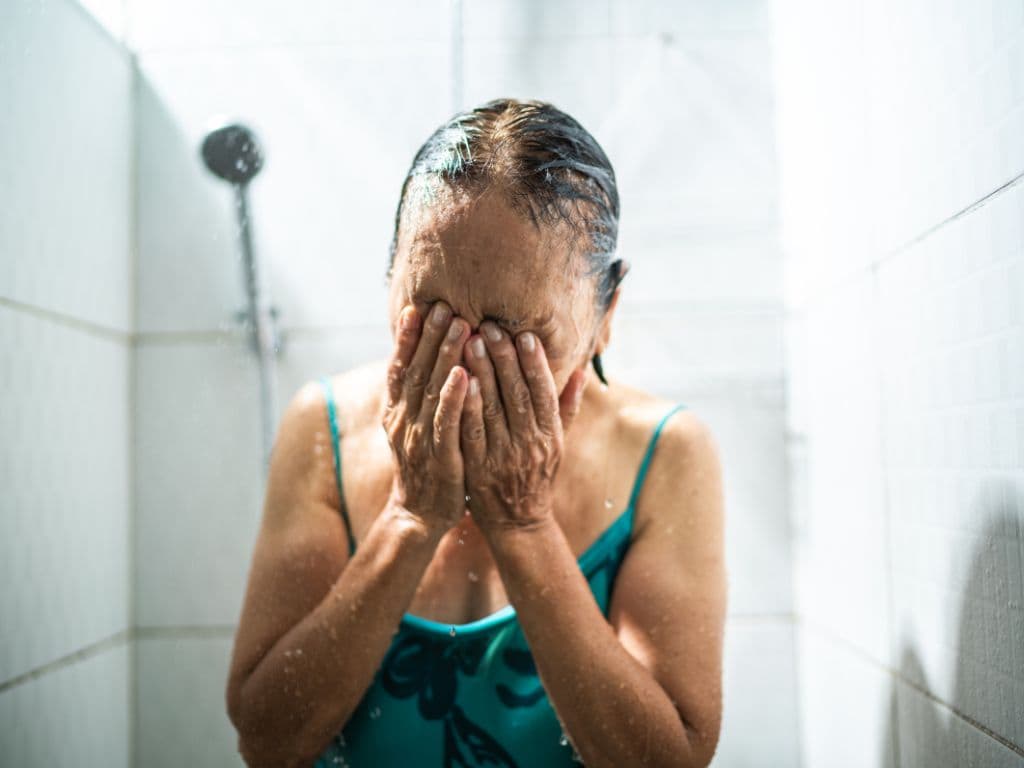
This article will explore the psychological reasons why seniors may avoid bathing, despite understanding its importance.
Psychological Reasons for Not Bathing
Depression
Depression is common among seniors and can sap motivation for self-care. Bathing seems like a tedious chore, so depressed seniors may stop bathing regularly. Other symptoms like low energy, sadness, and social withdrawal compound the problem.
Anxiety
Anxiety about falling or needing help bathing can make seniors avoid it altogether. The anticipation of a negative experience is overwhelming, so they avoid bathing to avoid the unpleasant feelings.
Memory Loss
Memory loss conditions like dementia or Alzheimer’s disease mean seniors may forget to bathe or forget the steps involved. They require reminders and assistance to maintain bathing routines.
Cognitive Impairment
Even mild cognitive impairment can make it hard for seniors to follow multistep activities like bathing and remember to do it daily. Caregivers need to provide more active support.
Shame
Shame about needing help with bathing or revealing their aging bodies can deter seniors from bathing. They may feel humiliated or embarrassed about cleanliness issues.
Embarrassment
Along with shame, embarrassment can stop seniors from asking for help bathing. They don’t want to be a burden or have their hygiene habits known.
Isolation
Isolation plays a major role too. Seniors who live alone with limited social interaction and caregiver support are more likely to demonstrate poor hygiene. There’s no one to routinely assist or remind them.
The combination of these psychological factors with any accompanying physical limitations present significant barriers to bathing. Let’s look at how we can help seniors overcome them.
Physical Reasons for Not Bathing
There are some physical factors that may make bathing difficult or unpleasant for seniors:
- Pain – Arthritis, back pain, muscle soreness, and other conditions can make moving around in the shower uncomfortable. The hot water may aggravate pain.
- Fear of falling – Standing in a wet, slippery tub can cause anxiety about falling and injuring themselves.
- Disability – Conditions like obesity, stroke, cancer, or dementia can make it hard for seniors to bathe themselves.
While physical limitations contribute to bathing avoidance, there are deeper psychological factors at play too. Let’s explore those.
How to Help Seniors Bathe
Here are some tips to help seniors maintain bathing routines:
- Talk to your senior – Have honest, compassionate conversations about their bathing habits without judgment. Understand their concerns and perspective.
- Make it pleasant – Adjust the lighting, water temperature and shower extras like chairs or grab bars to maximize comfort and minimize pain.
- Provide assistance – Determine what level of hands-on help your senior needs for bathing and provide it respectfully.
- Set a routine – Establish a regular bathing schedule and use alerts, checklists and reminders to maintain it. Adapt as needs change.
- Offer reassurance – Validate their concerns and reassure your senior that you can bathe safely and comfortably together.
- Involve medical professionals – If avoidance persists, consult your senior’s doctor or home health professionals for additional solutions.
With patience and compassion, you can make bathing an easier, more comfortable routine. The benefits to your senior’s health and quality of life make it well worth the effort.
Conclusion
Daily bathing is essential for seniors’ health, hygiene and dignity. However, psychological obstacles like depression, anxiety, shame and isolation can deter seniors from bathing. Understanding these mental barriers allows caregivers to proactively address them and create bathing routines that work. With the right approach, seniors can get back to bathing regularly and experience the many physical and emotional benefits of good hygiene. The independence and sense of control gained from self-care, or the social connection formed through assistance, improves seniors’ overall wellbeing. Supporting seniors to overcome the psychological challenges is key to making bathing a healthy habit once again.
Key Takeaways:
- Physical pain, risk of falling and disability can make bathing hard for seniors
- Mental health issues like depression, anxiety, shame and embarrassment may cause avoidance
- Memory loss and isolation also contribute to poor bathing habits
- Helping make bathing comfortable, providing assistance and reassurance can overcome these barriers
- Daily bathing contributes greatly to seniors’ health, hygiene and overall wellbeing
Frequently Asked Questions
-
What happens if mental illness is left untreated?
The consequences of mental illness on the person and the society can be devastating. Mental health issues that are not treated can lead to unnecessary disability, suicide, drug abuse, homelessness and inappropriate imprisonment.
-
When should you give up on a mentally ill person?
Sometimes, it is easy to make the right decision and leave. It is important that you leave immediately if there are any signs of physical abuse. Safety should be the top priority.
-
How does old age affect mental health?
In later years of life, depression can lead to serious health problems and have severe consequences for mental and physical well-being. Depression can be especially dangerous for older people due to physical disabilities, loneliness and emotional distress.
-
Why do seniors not want to bathe?
Older people may experience a diminished sense of smell and not be able to tell when it’s time for a shower. On the flip side, older adults may be more sensitive to cold due to reduced circulation. They might avoid taking a shower if it causes discomfort.
-
What is the difference between mental illness and mental disorder?
A mental illness refers to a condition that alters the way a person thinks about, acts and communicates with others. A group of conditions that can be diagnosed as mental illness are known as the “standard criteria”. Mental disorders are the same as other health issues.
-
What to do if a family member is having a mental breakdown?
If you believe your friend, family member or loved one is at risk of suicide, get immediate help. Call 1-800-273-TALK (8255) to reach a crisis number or National Suicide Prevention Line. You can help your family member or friend if they are in dire need of mental health services in their community.
-
Does your mental health decline with age?
Mind health issues are not an inevitable part of aging. Although older people may suffer many losses, persistent sadness may indicate clinical depression.
-
What time do most 70 year olds go to bed?
New research published in Healthy Aging and Clinical Care in the Elderly found that over half of retired persons 65 and older reported sleeping between 11 p.m. and 7 a.m. This is contrary to the common assumption that elderly people sleep at night.
-
What are the top 3 most common mental illnesses?
These include anxiety disorders, major depression, and bipolar disorder.
-
How do I know if I need psychiatric help?
However, professional assistance may be required if there are: Changes in your personality, eating, or sleeping habits. Inability to deal with daily problems. A feeling of being disconnected or withdrawing from your normal activities.
-
Is napping good for the elderly?
According to a study in the Journal of the American Geriatrics Society, a 30 to 90 minute nap may be beneficial for older adults. However, a longer time than that can cause problems in cognition and the ability to form memories.
-
Can you force someone with mental illness to get help?
You can usually not force someone to seek therapy. If you feel that your loved ones are a threat to themselves or others due to a mental disorder, California may allow you to apply for a 5150 Hold.
-
Is 70 years old considered elderly?
What is the definition of an elderly person? The chronological age at which an individual is considered to be 65 years old or more has traditionally been defined as being the “elderly”. Most people between 65 and 74 are considered the early elderly. Those over 75 are called late-aged.
-
Does mental illness get worse with age?
Early mental illness is linked to quicker aging and poorer health later in life. According to a couple of studies that were supported by NIA, people with mental illnesses in their youth are more likely to experience accelerated aging and a greater risk of other diseases or dying sooner.
-
What do you call someone who doesn’t accept help?
Sedulous Add your name to the list. Sedulous people work hard, and don’t quit easily.

